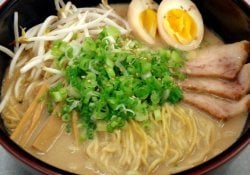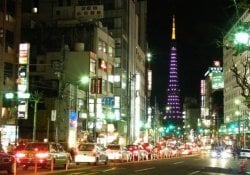Ever wondered what expressions the Japanese use in the classroom? In this article, we are going to look at some greetings, responses, and expressions that students and teachers use in the Japanese language classroom.
Classroom expressions may be necessary if you live in Japan or are curious about dialogue at school or want to improve your Japanese. Let's make the article as simple as possible.
This article is not just about a Japanese class, we will notice several customs and culture issues within the classroom in Japan, so even if you have no interest or knowledge in the language, this article is interesting for you reader.
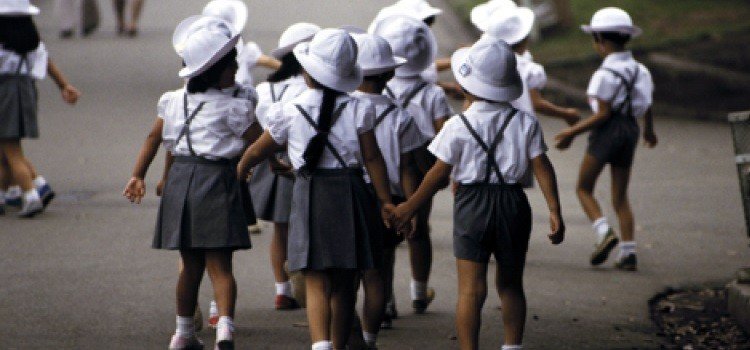
Índice de Conteúdo
At the beginning and end of the lesson in Japan
When starting class in a Japanese school classroom (up to high school), each student stands up and bows to show respect to the teacher. When the bell rings, a designated student will lead the process with the following instructions.
| Kana | Rōmaji | Meaning | |
| 1. | 起立 | Stand up. | get-up |
| 2. | 気をつけ | Ki o tsuke | Heads up |
| 3. | 礼 | King | To bend |
| 4. | 着席 | shakuseki | Sit down |
The teacher usually bows too, and then begins the class. When the bell rings to end class, the ritual is repeated. Depending on the region, the pronounced form of these instructions may change or vary.
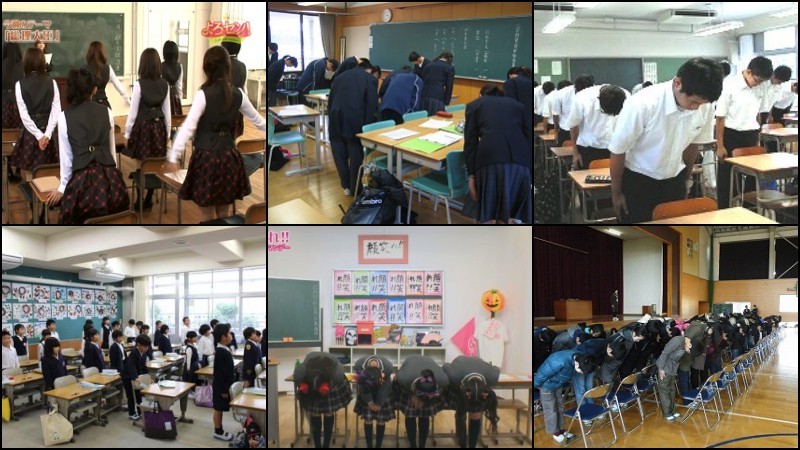
Teacher expressions IN JAPANESE
This list has been showing some of the lines that the teacher usually says in the classroom.
| Kana | Rōmaji | Meaning |
| 繰り返して下さい | Kurikaeshite kudasai. | Please repeat (after me). |
| 気を付けてください | Ki o tsukete kudasai. | Please pay attention (to something). |
| 静かにして下さい | Shizuka ni shite kudasai. | Please be quiet. |
| 宿題を出してください | Shukudai or dashite kudasai. | Please hand in your homework. |
| 立ってください | Tatte kudasai. | Please, stand up. |
| 座ってください | Suwatte kudasai. | Please sit down. |
Meaning of some expressions:
- kurikaesu means repeat
- ki o tsukeru is an expression that means "pay attention"
- Shizuka ni suru means "do something quiet" (if in this case)
- dasu means "put/take off"
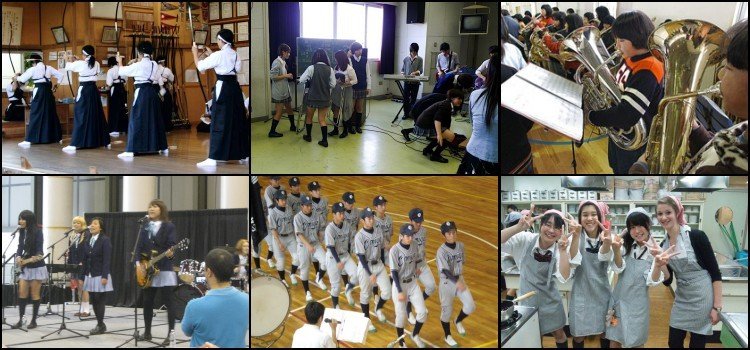
Other Expressions IN JAPANESE
Here are some common expressions that you can say as a student.
| Kana | Rōmaji | Meaning |
| トイレに行ってもいいですか | Is it okay to go to the bathroom? | May I go to the restroom? |
| 水を飲んでもいいですか | Is it okay to drink water? | Can I drink water? (Go get a drink) |
| はい、いいです | Hai, ii desu. | Yes, this is good. |
| いいえ、ダメです | Iie, dame desu. | No, that's not good. |
- Here, the adjective ii [良い] means "good" or "OK", and DAME [ダメ] means "not good". O TTEMO [っても] literally means "even if I..."
- and ii desu ka [良いですか] means "Is everything okay?". Thus, a request in Japanese is always of the form "Is it okay if I...";
And here's an expression you'll hear a lot:
| Kana | Rōmaji | Meaning |
| よく出来ました | Yoku dekimashita. | Good job (lit. "you could do it well") |
- See too Objects in the classroom
Hope you enjoyed the article. If you liked it, don't forget to comment and share with your friends. Thank you very much and until next time.

